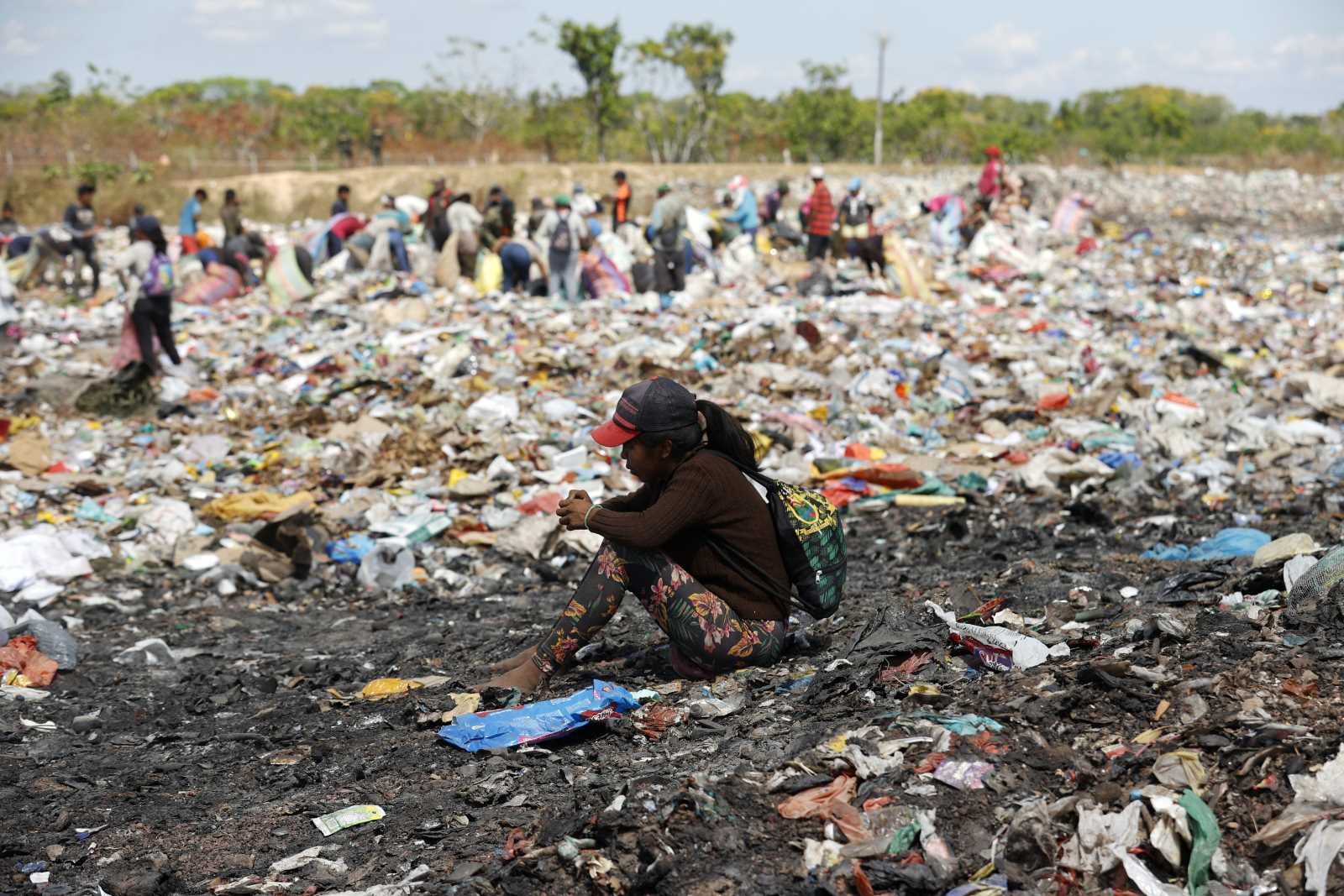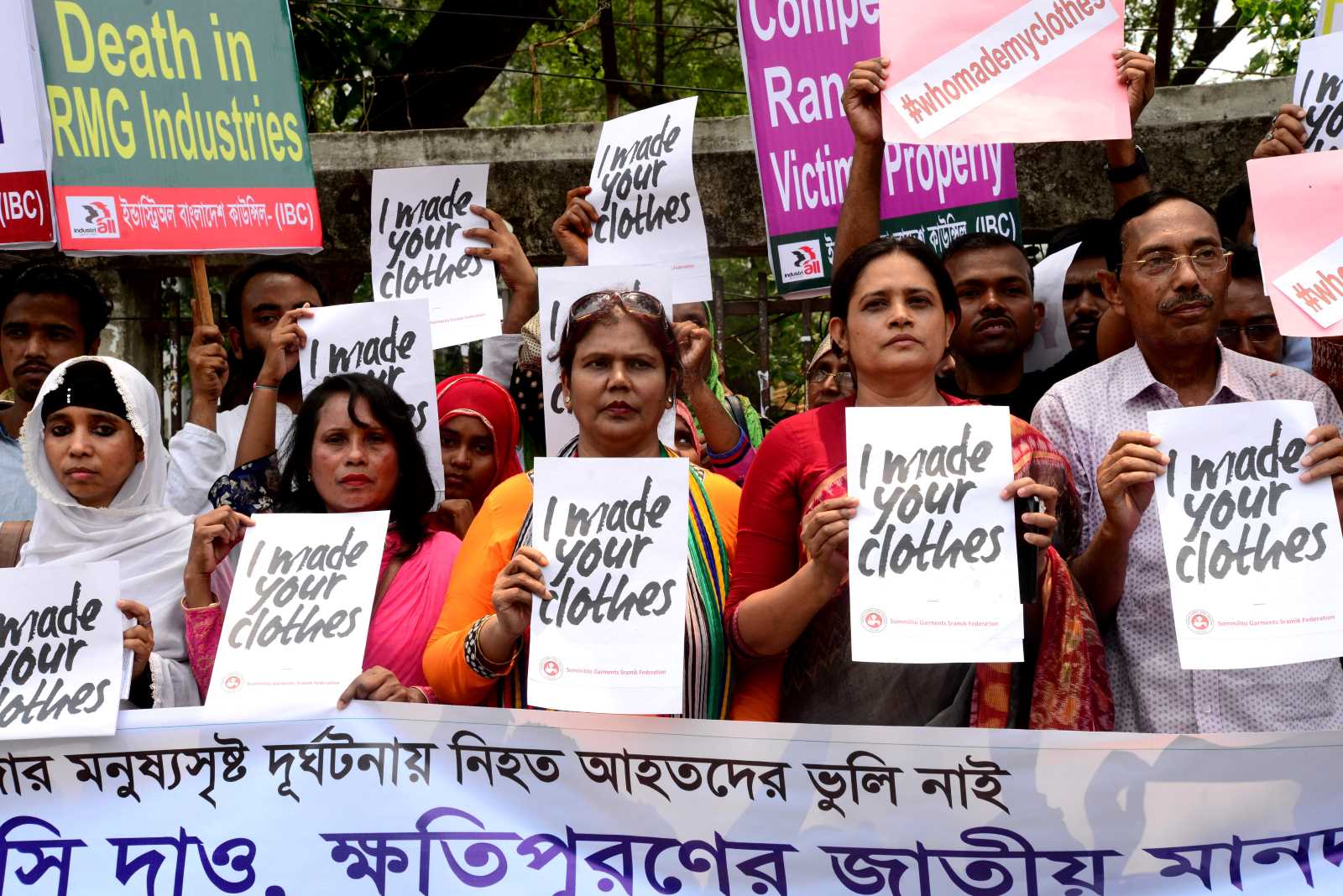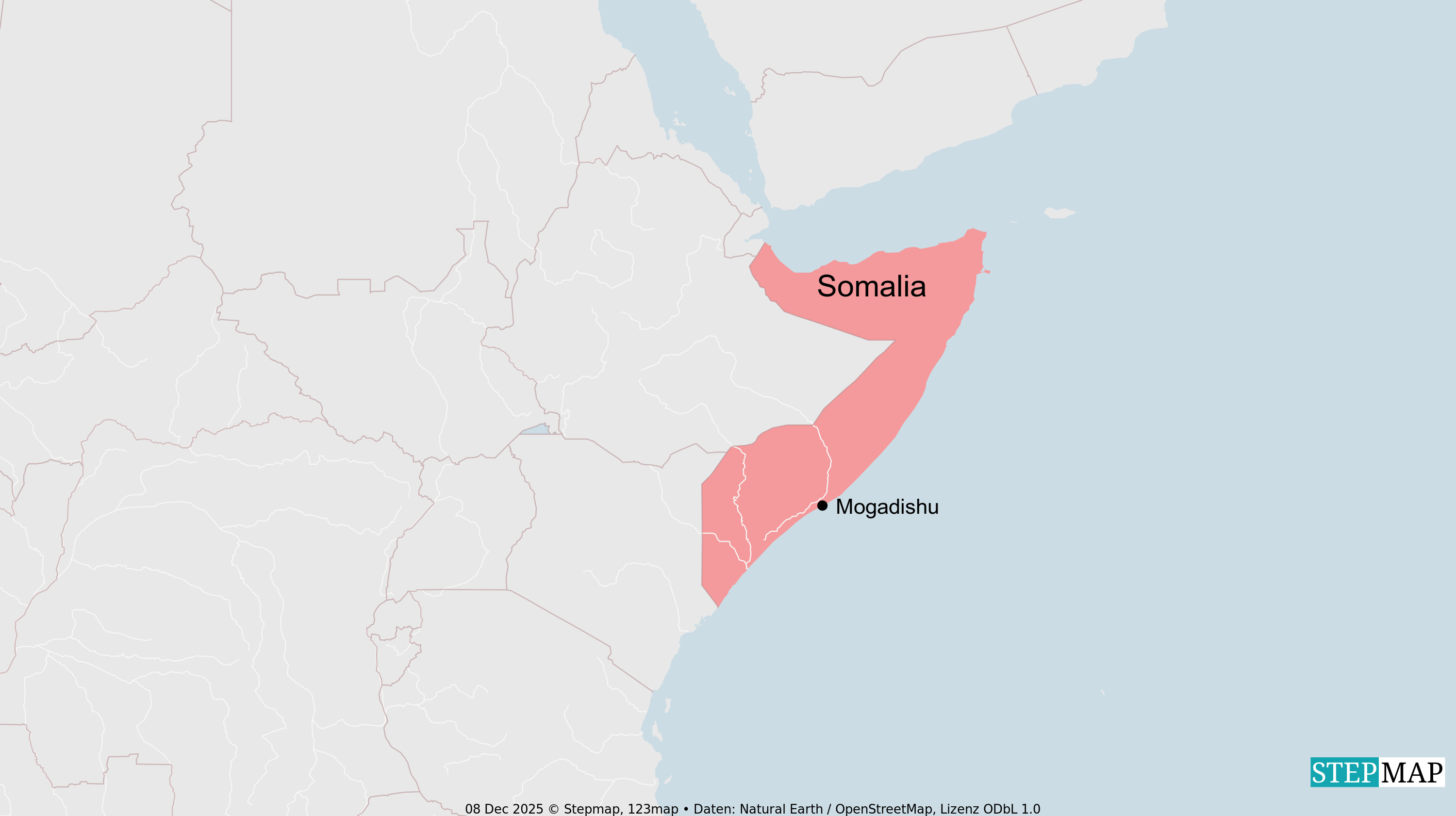Corporate social responsibility
Why the EU’s Corporate Sustainability Due Diligence Directive (CSDDD) matters very much

Christoph Hoffmann, an FDP member of the Bundestag, claims that the CSDDD would make European companies withdraw from poorer countries and thus cause them harm. This assessment is based on a paper prepared for Gesamtmetall, an industry lobby. It states that German companies would have to cover additional fixed costs for auditing every single firm in their supply chains. It also warns of nebulous legal risks.
This assessment is factually wrong. In truth, companies are supposed to bear an obligation to identify risks relating to human rights and the environment in their supply chains. They would have to take preventive action accordingly. Probable, severe and irreversible damages would be prioritised. Not every link in a supply chain would have to be audited in detail.
Researchers from the London School of Economics reckon that the CSDDD would only increase corporate costs moderately. Large companies would on average have to afford 0.005 % of their turnover. Legal risks would not be nebulous either. According to the draft,
European companies would only be liable if an actual damage resulted from the neglect of precisely defined diligence duties.
Improvements regarding the environment, human rights and labour law
Experts expect that the EU directive and related German supply-chain legislation, which is already in force, will only rarely result in companies cutting business ties to poorer countries. Commodity supply is scarce, but demand is strong. It is often impossible, moreover, to source commodities from other places. The CSDDD will therefore most likely lead to improvements regarding the environment, human rights and labour law. While implementation may reduce profit margins, it will also prevent environmental harm and make the distribution of incomes more equitable.
The re-shoring of manufacturing to high-income countries is improbable too. Most likely, south-south competition to achieve sustainability would increase. The CSDDD would slow down the trend of shifting production to the countries with the lowest costs. This trend is undermining wages, social protection and occupational safety. The directive would safeguard the right to organise and thus boost the bargaining power of workers and other groups.
As a matter of principle, the EU draft emphasises capacity building. Ending a business relation would only be the final emergency option after all others have failed. European companies would be obliged to fair business practices, enabling suppliers to:
- pay living wages,
- live up to human-rights principles and
- operate in an environmentally sustainable way.
European companies would have the duty to provide respective training and offer other support measures, especially when cooperating with small and mid-sized enterprises. Managers would not be able to simply pass on corporate responsibility to suppliers. Development cooperation could offer additional support to companies in low- and middle-income countries.
Misguided market radicalism
We must challenge the market orthodoxy according to which any kind of integration in global supply chains in itself drives development and prosperity in countries with low and middle incomes. That does not happen when transnational corporations use their oligopolistic power to minimise costs and thus limit value-addition in poorer countries. Where neither national nor international rules ensure living wages, trade-union freedom, human rights and environmental safety, broad-based prosperity is hampered. Child labour, forced labour, displacement, repression of trade unions, environmental destruction and greenhouse-gas emissions are the opposite of sustainable development.
According to the economist Marcel Fratzscher, who heads the prestigious think tank DIW in Berlin, Germany’s abstention amounts to “moral failure”. The nation’s reputation would suffer should the CSDDD not be passed.
Armin Paasch works for Misereor, a Catholic development agency.
armin.paasch@misereor.de














